The 2025 RCP Network Gathering features nearly 50 inspiring speakers with expertise ranging from conservation to housing to sustaining diverse partnerships.
Meet This Year’s Speakers
 | Maura Adams is the director of community investment for the Northern Forest Center, a regional nonprofit connecting people, the economy, and the forest landscape. She has been with the Center since 2013 and currently oversees their real estate portfolio and its work bringing capacity to rural communities. Previous work includes campus sustainability leadership at St. Paul’s School and green building consulting for the Jordan Institute. She has a master’s degree from the Yale School of the Environment and lives off-grid on conserved land in Deerfield, NH. |
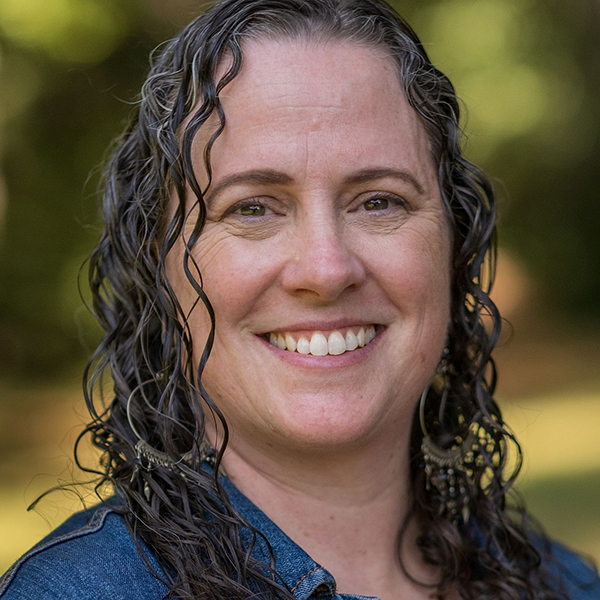 | Jennifer Albertine is the director of climate and land justice for the Mount Grace Land Conservation Trust. Before joining the land trust in 2021, she spent two decades in academia teaching and researching about the environment through the lens of social justice, and she holds a PhD in this field. She is committed to changing the trajectory of conservation to recenter and return land stewardship to Indigenous people who have been stewarding this land for millennia. |
 | Robert Bell is a Boston Housing Authority’s green infrastructure deployment manager who thrives on connecting with people, our environment, and our shared “human mission” to make the world a bit better each day. He has two decades of experience implementing sustainability programs and projects related to energy, water, and waste management. With a master’s degree in water resource management and experience in LEED certification, decarbonization, circular economy, and climate resilience, he provides integrated resource management solutions across multiple industries. |
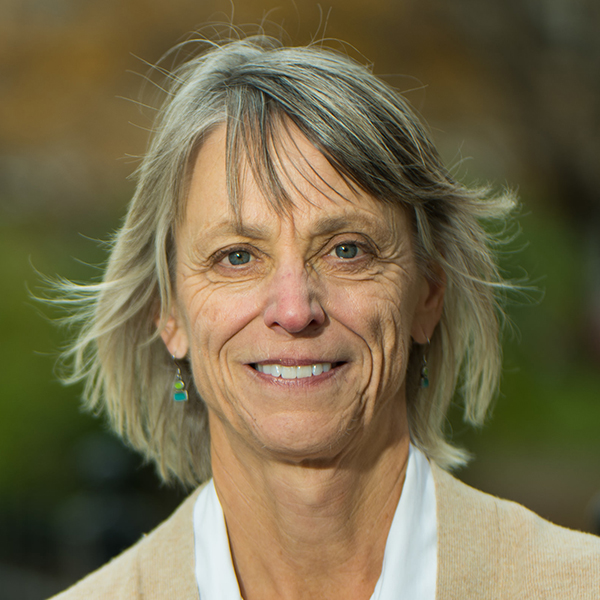 | Kathy Beyer has been directly involved in affordable housing development and community development for over 30 years. She currently leads the real estate development activities at Evernorth, a nonprofit development corporation working to serve communities in Maine, New Hampshire, and Vermont. She holds a master’s degree in public administration from the Harvard Kennedy School, and a bachelor’s degree in accounting and economics from the University of Minnesota. She has a passion for civic duty and has served in the Vermont legislature, on the local school board, and several nonprofit boards. |
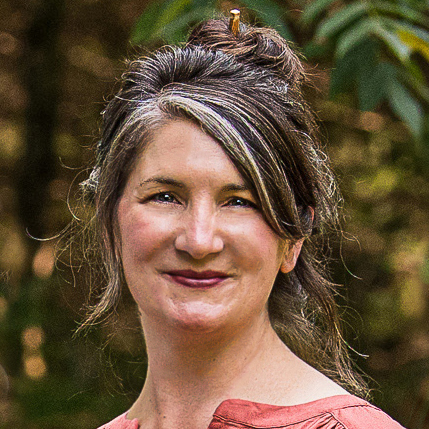 | Katie Blake is a conservation biologist with over 20 years of experience in landscape ecology, environmental outreach, conservation planning, and scientific research. In her role as regional conservationist at Highstead, she supports RCPs across the Northeast in their efforts to increase the pace and scale of conservation through capacity building, network coordination, and leadership of various landscape-scale initiatives. She holds a master’s degree in conservation biology from Antioch University New England. At home, she delights in tending to her homestead with her husband Jeremy and daughters Tziporah and Tahlia. |
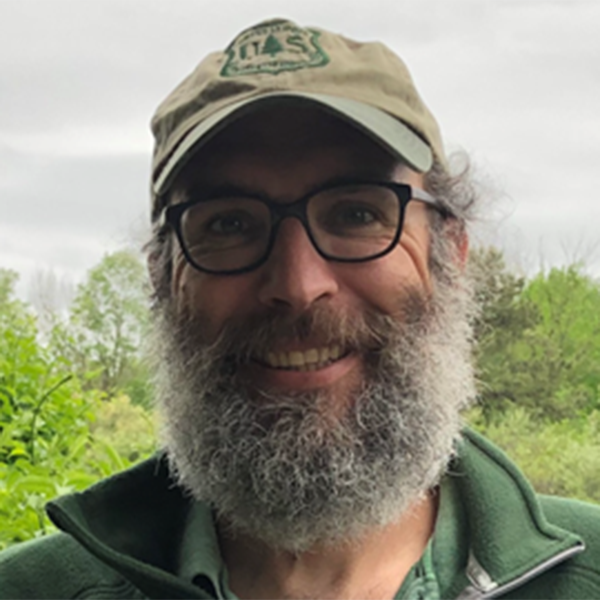 | Brett Butler is an international expert on forest ownership who has authored over 100 articles and reports on the subject. As part of the U.S. Forest Service, Northern Research Station, Forest Inventory and Analysis program, he coordinates the National Woodland Owner Survey and co-directs the Family Forest Research Center. In addition, he oversees the Timber Products Output survey for the Northern U.S. He earned his BS from the University of Connecticut and his PhD from Oregon State University. He lives in Amherst, MA. |
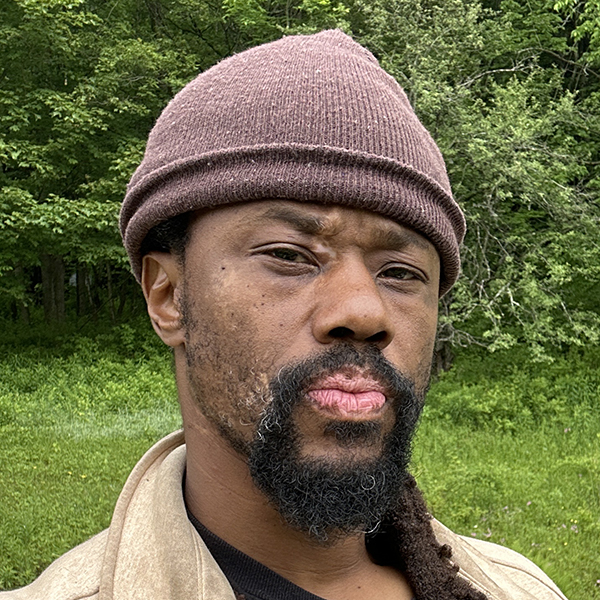 | Chris Carr is a conservationist, educator, and multi-disciplinary artist. Pro-human, anti-colonial, delusionally optimistic about human potential. |
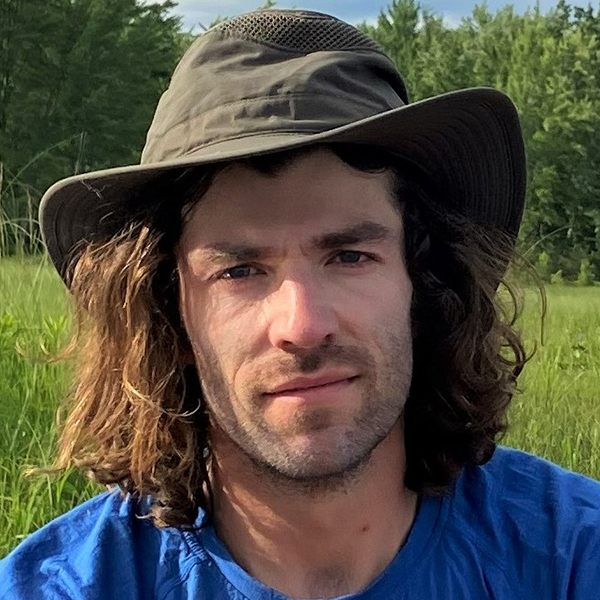 | Mikael Cejtin is employed by The Nature Conservancy as lead coordinator of the Staying Connected Initiative (SCI), a cross-border, public-private partnership numbering over 75 organizations. He serves as the SCI partnership’s primary manager and spokesperson. His responsibilities include facilitating and promoting cross-boundary and regional collaboration to conserve and restore ecological connectivity in northeastern North America through an integrated approach involving science, land protection, barrier mitigation, planning, policy, and outreach. |
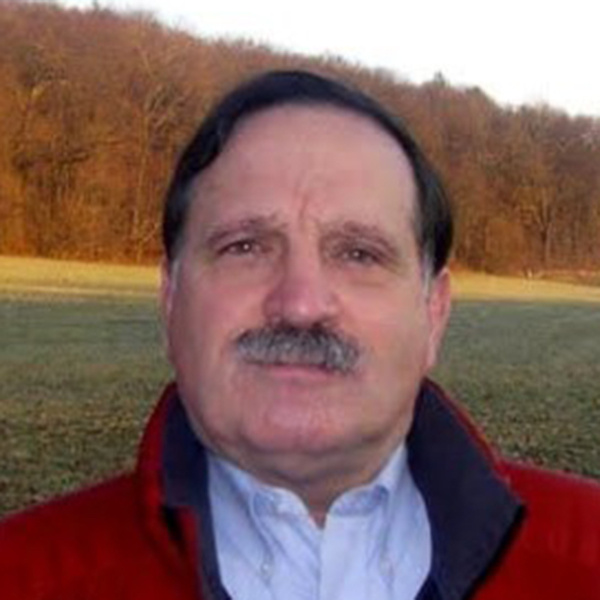 | Buzz Constable is an attorney focused on land conservation and environmental implications of land use. He remains involved with the Environmental League of Massachusetts, Lincoln Land Conservation Trust, Massachusetts Land Trust Coalition, and Metropolitan Area Planning Council. He has been an active member of the Land Trust Alliance, Boston Bar Association, Greater Boston Real Estate Board, and has served on numerous boards and commissions. He spends time engaged in civic life in Lincoln, MA, and recreating in the Greater Yellowstone Ecosystem. |
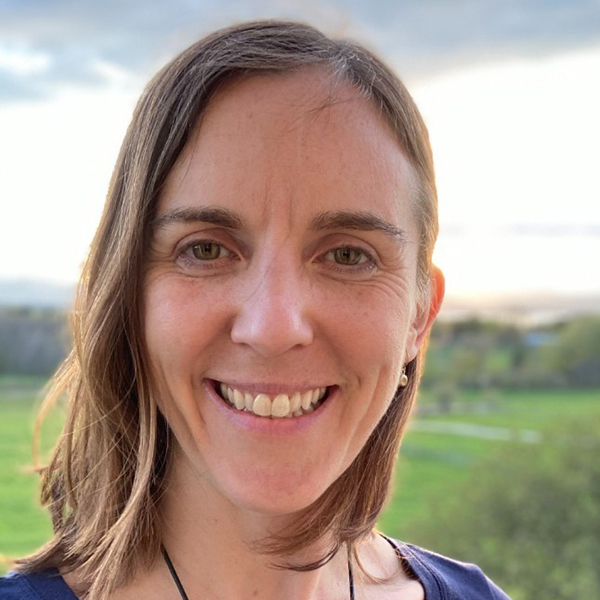 | Erin De Vries co-directs the amazing team of ecologists, systems thinkers, and communication specialists at the Vermont River Conservancy (VRC). As conservation director, she constructs conservation partnerships and leads strategic visioning for protection and restoration of waterways and watersheds. With a background in Lake Champlain and Great Lakes watershed work, she began at VRC as a river steward in 2021. She loves meeting landowners, watershed partners, and municipal planners alongside a stream or wetland to hash out how to enhance special places, protect assets, and promote community resilience. |
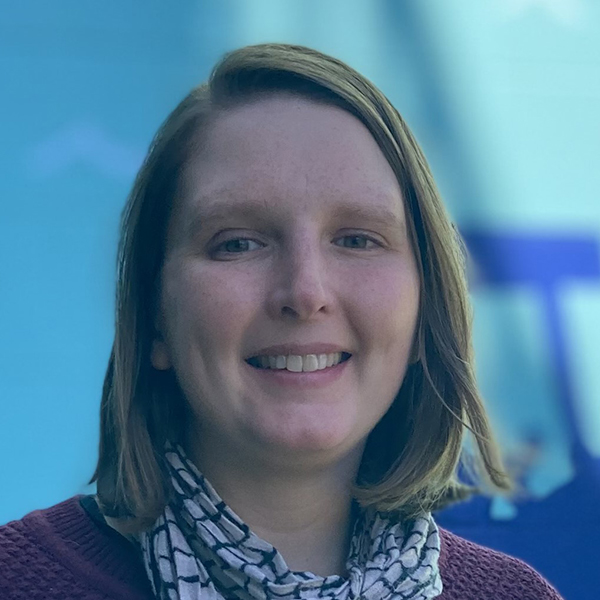 | Kathleen Doherty is a farmland easement support specialist. After earning a Master of Regional Planning at UMass Amherst, she completed a year of service through TerraCorps, then spent a year working at a regional land trust in New Hampshire. Before joining American Farmland Trust (AFT), she spent six years directing the farmland conservation and stewardship program at Connecticut Farmland Trust. As a member of the AFT New England team, she works across Massachusetts to increase the pace of farmland protection by assisting the conservation community. |
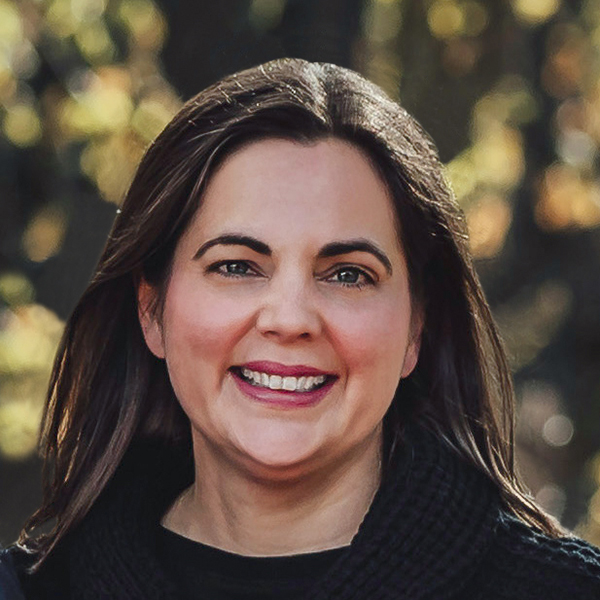 | Jennifer Dubois is the vice president of land conservation at The Trustees of Reservations, a Massachusetts-based organization, where she leads the statewide land conservation program and oversees the conservation restriction stewardship program. She has dedicated her career to land conservation, working with land trusts in various capacities to conserve land and manage fundraising campaigns. Prior to The Trustees, she spent time as a consultant and worked with the Westport Land Conservation Trust and The Nature Conservancy in Rhode Island. |
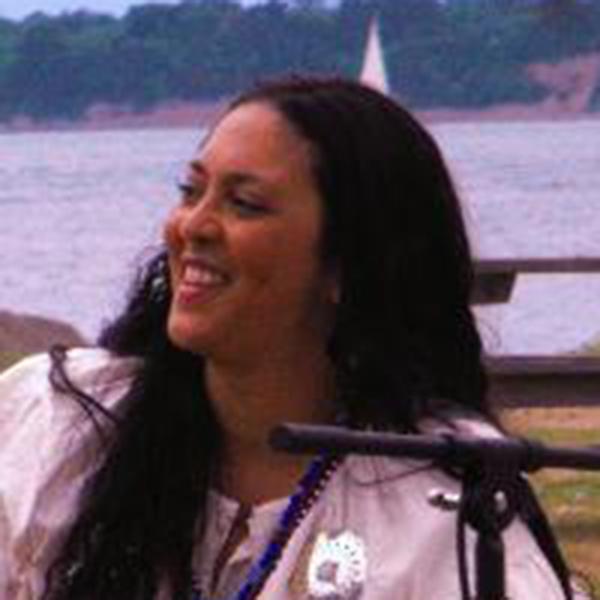 | Pam Ellis (Hassanamisco Nipmuc) is retired from the practice of law and now serves as the principal and owner of Chagwas Cultural Resource Consulting, LLC. She is an advocate and activist for Aboriginal rights and Indigenous land stewardship. She holds a law degree and certificate in federal Indian law from Arizona State University and was the 2023-2024 Distinguished Indigenous Artist and Scholar in Residence at Bunker Hill Community College. |
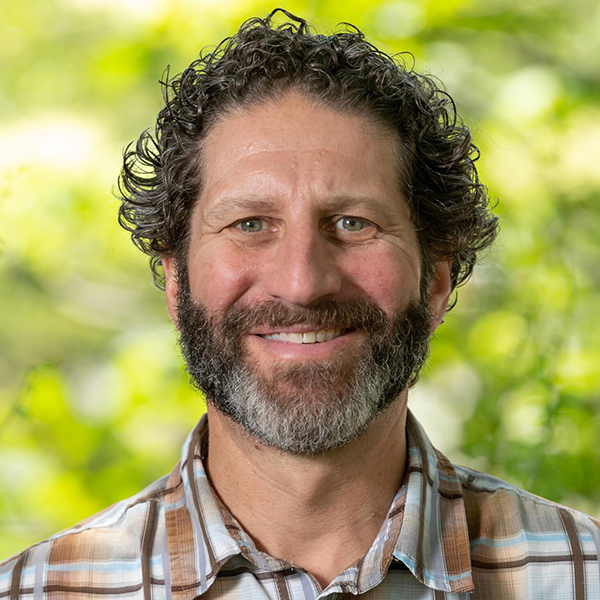 | Jamey Fidel has 30 years of experience in conservation policy, environmental law, and partnership-based advocacy, and is currently vice president, Vermont at National Audubon Society. Prior to Audubon, he served as Forest and Wildlife Program director and general counsel at Vermont Natural Resources Council, where he helped shape landmark legislation and collaborative projects to address land use, wildlife and forest conservation. He founded the Forest Roundtable in 2006, which brings diverse stakeholders together to collaborate on forest policy. He has a law degree from Vermont Law School and undergraduate degrees in environmental studies and wildlife biology from the University of Vermont. |
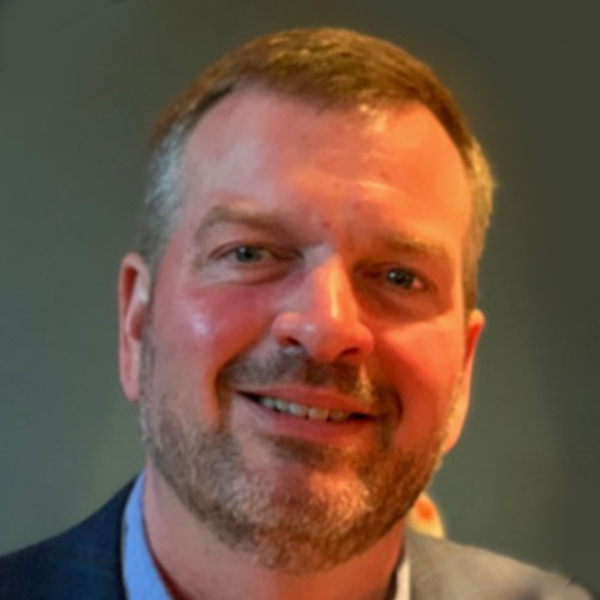 | Kurt Gaertner has been at the forefront of state land use policy, developing and implementing smart growth policies and programs for over ten years. He serves as sustainable development director at the Massachusetts Executive Office of Energy and Environmental Affairs and lectures at Boston University’s City Planning & Urban Affairs Program. He helped create the Massachusetts Sustainable Development Principles and Smart Growth/Smart Energy Toolkit and has trained local officials through the Community Preservation Institute, focusing on sustainable development and urban planning. |
 | Andre Strongbearheart Gaines/Roberson, Jr., is a citizen of the Nipmuc people. He serves as a cultural steward for his Tribe, is a father, public speaker, traditional dancer, Indigenous activist, carpenter, and educator. His work focuses on bringing traditional knowledge back to Indigenous peoples. He is a board member of Native Land Conservancy and works alongside various land trusts to create cultural inventory reports, and fights to make the LandBack movement visible. His work is grounded in restoring balance between everyday life and traditional values while navigating the colonial systems we live in. |
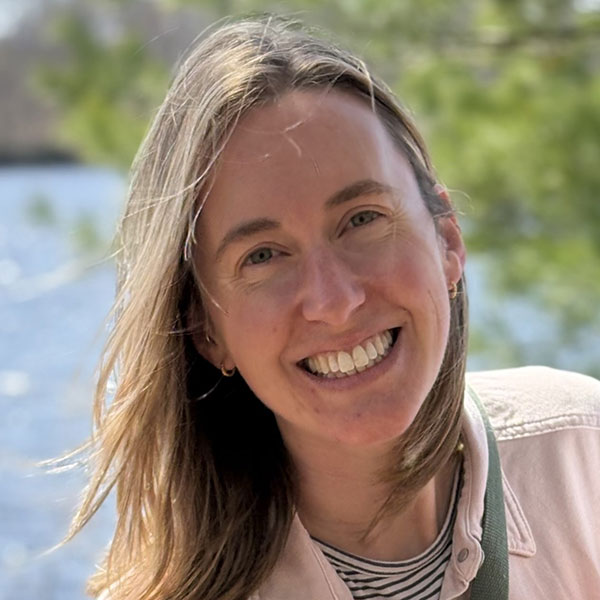 | Melissa Green is Trust for Public Land’s senior program manager for the Massachusetts Parks for People Program. She works with community groups and public agencies to design and implement climate resilient spaces that meet community needs. Previously, she worked as a landscape designer at Michael Van Valkenburgh Associates and Weston & Sampson. She holds a Master in Landscape Architecture from the Harvard Graduate School of Design. In her free time, she loves to hike, canoe, explore with her husband, daughter, and dog, and host friends and family for meals. |
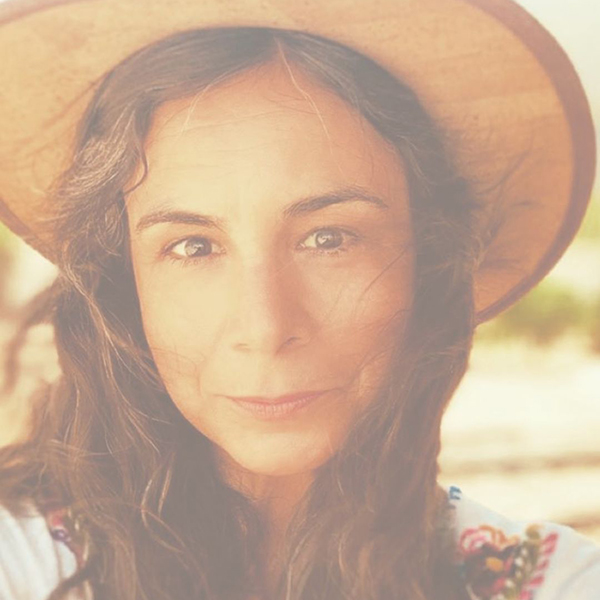 | Melissa Hunter Gurney is an educator, conservationist, and writer whose advocacy-based work explores the connection between nature, art, and community. She is co-founder of the Lo—TEK Institute, home to the Living Earth Curriculum & Digital Database, and Black Land Ownership, a grassroots initiative addressing systemic barriers to land access. Both projects collaborate with schools, organizations, and institutions, and are launching an ancestral artist residency in New York State. Her writing, which centers the experiences of Pan-American women and artists, has been widely published. |
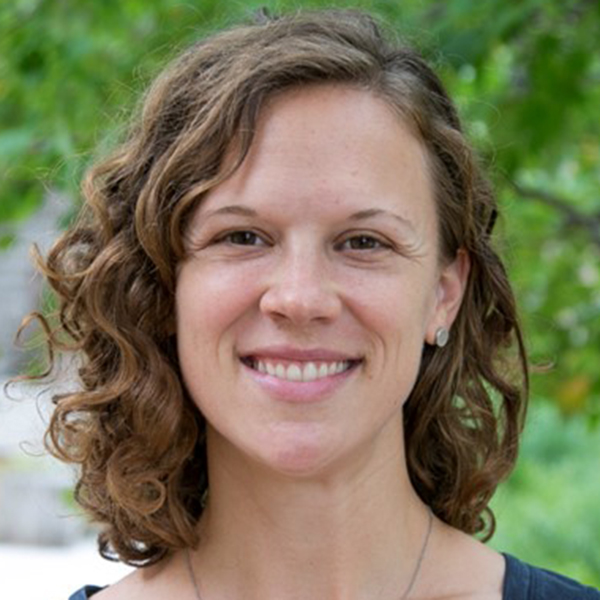 | Katherine Hollins is the owner of Welsummer, a conservation and sustainability consulting practice that provides guidance to nonprofits, governments, and mission-focused organizations seeking to increase their impacts through improved audience engagement. The former director of the Sustaining Family Forests Initiative at the Yale School of the Environment, she taught Tools for Engaging Landowners Effectively workshops and co-authored “Engaging Landowners in Conservation: A Complete Guide to Designing Programs and Communications.” She has an MS in Behavior, Education and Communication from the University of Michigan. |
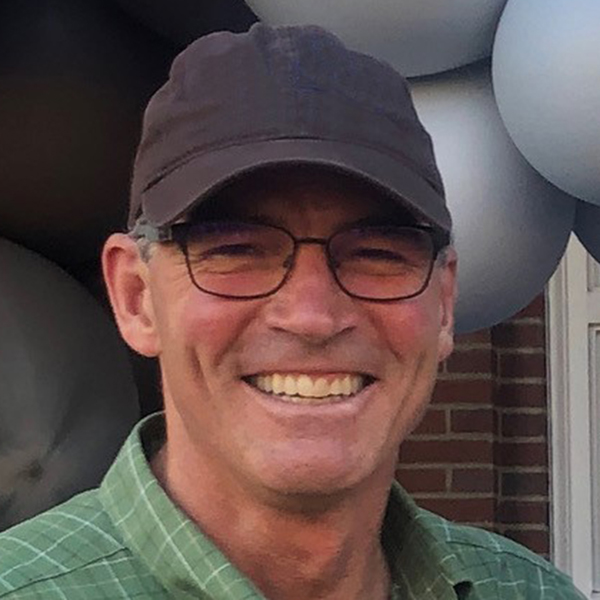 | Phil Huffman is senior vice president, Regional and Global Programs, for the Quebec-Labrador Foundation (QLF). He leads QLF’s work on transborder ecological connectivity conservation and restoration in northeastern North America as part of the Staying Connected Initiative, a dynamic collaboration of government agencies, NGOs, and other interests. He has been a conservation leader in the Northeast for more than three decades, with extended stints with The Nature Conservancy and the National Park Service. |
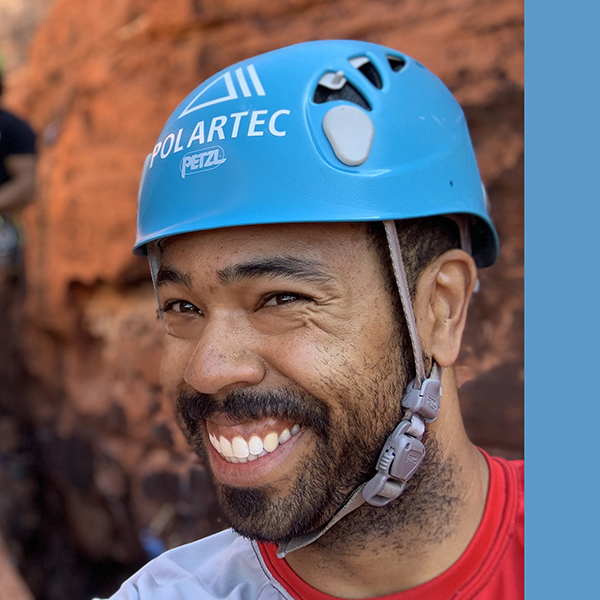 | Darren Josey started First Seed Sown to take his 15-plus years of outdoor recreation and outdoor industry experience with brands like Vibram, Polartec, and NEMO Equipment, and dedicate himself to sharing this knowledge with other BIPOC businesspeople and municipalities to increase access to the outdoors for all. The adventure gap is very real when it comes to outdoor participation; however, it’s even more extreme when you look at who is working at outdoor industry companies. Our first municipal program launched in May with The Great Malden Outdoors. |
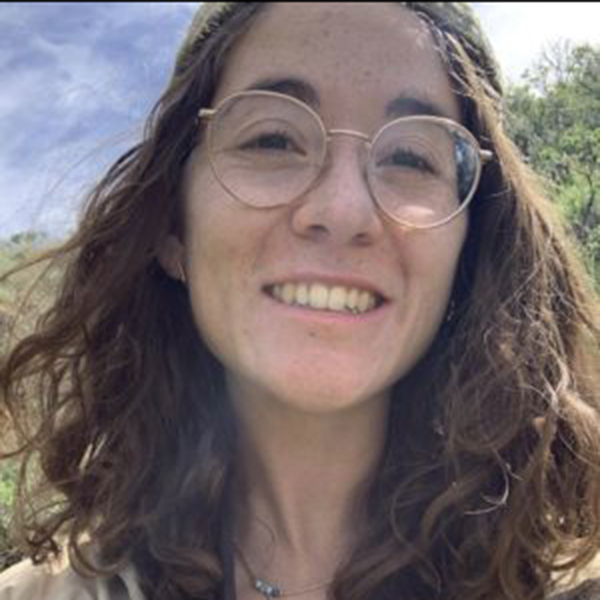 | Hayley Kolding is an ecologist and conservation specialist who joined Vermont River Conservancy’s (VRC) staff from the Field Naturalist Program at the University of Vermont in 2023. Her experience with river and stream conservation includes projects at home in New England and farther afield in the Pacific Northwest. As VRC’s southern Vermont conservation manager, she joins with communities in the Connecticut River Watershed to tackle the same question she asked out West: With limited resources and diverse ecological and cultural goals, which riparian areas should we protect first—and how? |
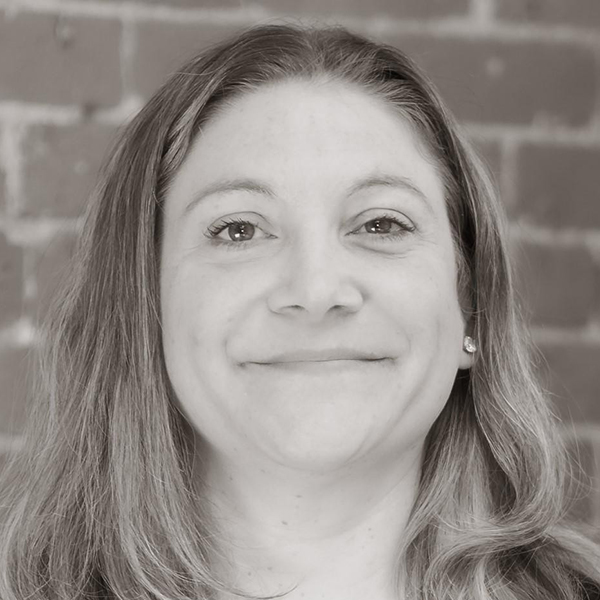 | Melina Lodge has served as the executive director of the Housing Network of Rhode Island (HNRI) since 2015. She also directs HNRI’s affiliated nonprofit, the Community Housing Land Trust of Rhode Island. She is responsible for working with HNRI’s membership and allied organizations to develop and advance HNRI’s advocacy agenda. Prior to her work with HNRI, she held positions at RIHousing and the WARM Center. She holds a bachelor’s degree in economics and a Master in Community Planning from the University of Rhode Island. |
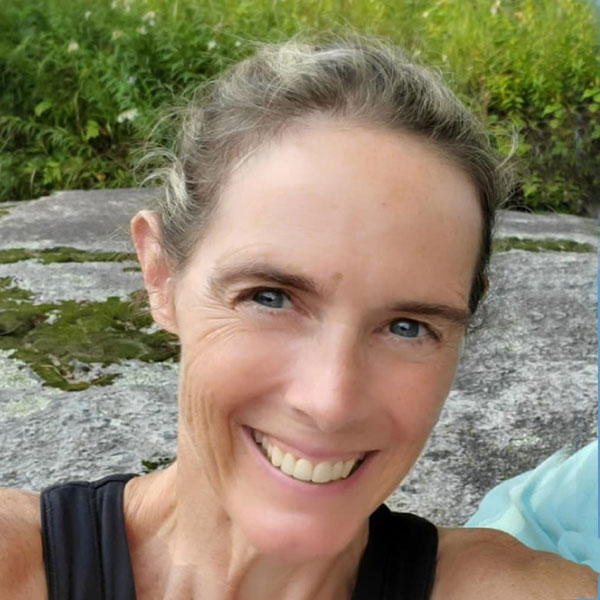 | Connie Manes consults with conservation nonprofits in the Northeast, specializing in standards and practices and land trust accreditation. She is executive director of the Kent Land Trust and a member of the Litchfield Hills Greenprint Collaborative Regional Conservation Partnership. She serves as circuit rider for the Land Trust Alliance assisting small and all-volunteer land trusts, and volunteers on Kent’s Conservation Commission. She holds an MPA from Pace University and JD from New York University School of Law. |
 | Laura Marx is the climate solutions scientist for The Nature Conservancy in Massachusetts. She leads the chapter’s work on natural climate solutions including better management and protection of forests, wetlands, and farms to reduce and remove carbon emissions. She leads the Green Mountains to Hudson Highlands Linkage (also known as the Berkshire Wildlife Linkage) Partnership, a Regional Conservation Partnership. She grew up in the Allegheny Mountains of Western Pennsylvania and studied old growth forests in upper Michigan for her PhD dissertation at Michigan State University. She has made Western Massachusetts her home for nearly 20 years. |
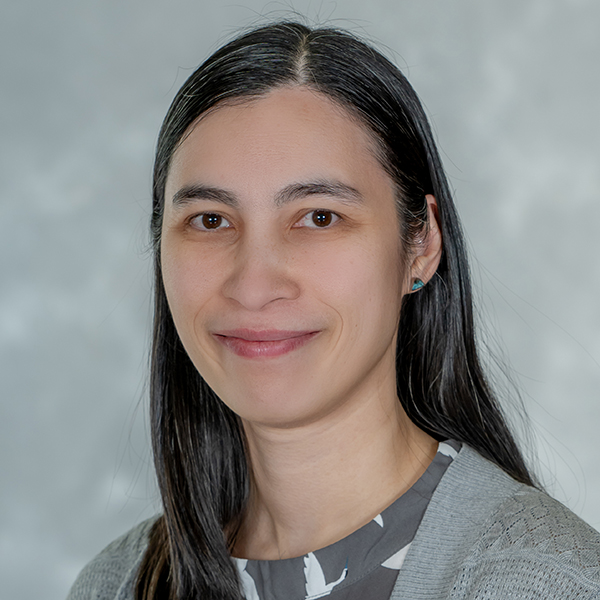 | Melissa Ocana is climate adaptation coordinator at UMass Extension, where she promotes capacity and network building for climate practitioners. She convenes several communities of practice, focusing on peer-to-peer learning, climate collaboratives, and ecosystems. While based in Massachusetts, she also supports national efforts, such as the National Adaptation Forum and Climate Adaptation Fund. Previously, she ran a capacity building and grants program for New Jersey environmental nonprofits. She has also been assistant to the climate change policy advisor at the U.S. Fish & Wildlife Service. Shes has MS in wildlife science from Oregon State University. |
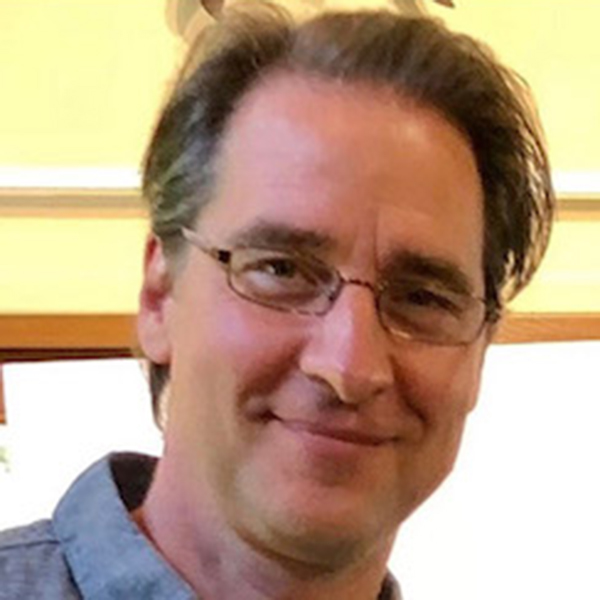 | Curtis Ogden is a senior associate with Interaction Institute for Social Change (IISC), where he has worked since 2005. He has extensive experience supporting multi-interest holder networks and complex intra-organizational change efforts, with a focus on transforming food, public health, conservation, and economic development systems at various levels. He writes about networks and social change on IISC’s blog and NetworkWeaver.com. He also serves on the advisory board of Beautiful Ventures, The Transformations Community, and FLOW: For the Love of Water. He is originally from Flint, MI. |
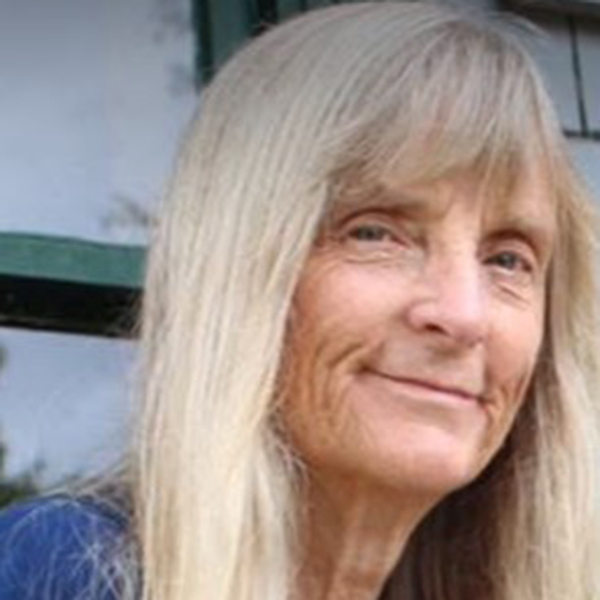 | Nancy Perlson is a conservation consultant with over three decades of experience in community development, conservation and environmental stewardship. Based in Maine’s High Peaks Region, she has offered her expertise in grant writing and managing conservation, recreation, and community development projects to prominent organizations such as the High Peaks Initiative and The Wilderness Society. Her career highlights include serving for 18 years as executive director of the Rangeley Lakes Heritage Trust, where she transformed the organization into a respected regional land trust. |
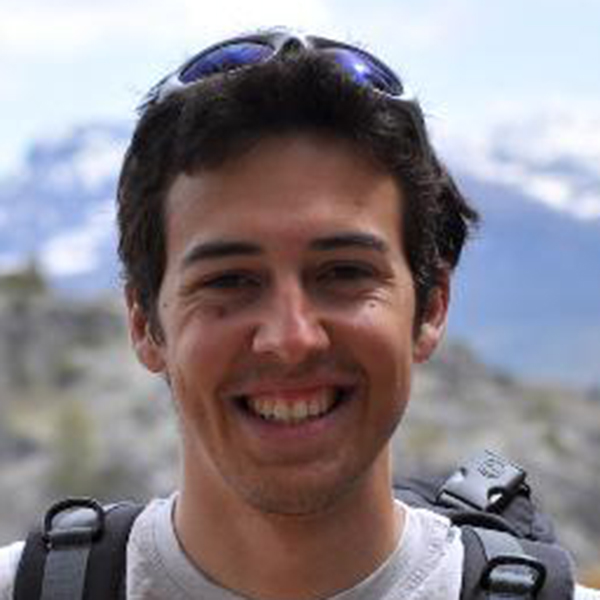 | Jon Peterson is director of the Network for Landscape Conservation (NLC), and has overseen the Catalyst Fund since its inception in 2019. He has worked to advance collaborative landscape conservation and stewardship for nearly 20 years. Prior to NLC he coordinated the South Mountain Partnership, a regional landscape initiative in Pennsylvania, and spent three years on the staff of the Boston-based Kendall Foundation. He is also a senior fellow of the Environmental Leadership Program. A graduate of Middlebury College and the Yale School of the Environment, he lives in Western Massachusetts with his wife and their two little ones. |
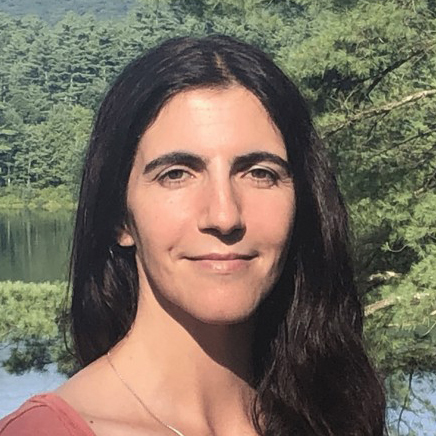 | Karen Pettinelli has a background of 14 years in agriculture and seven years in agricultural natural resource management and program management. She recently completed a MS in Agriculture, Food, and Environment at the Tufts Friedman School of Nutrition Science and Policy, where she focused her studies on watershed-based agricultural planning projects to support regional climate resilience in New England. She has worked as an agricultural policy research consultant for organizations such as American Farmland Trust and began as a principal natural resource planner for the Southeastern Regional Planning and Economic Development District in August 2024. |
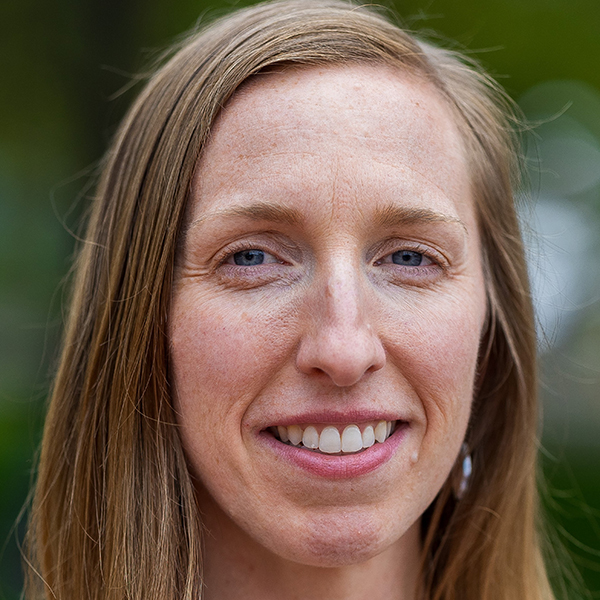 | Jennifer Plowden is the New England senior program manager at the Land Trust Alliance where she oversees program and service delivery to over 250 land trusts. She builds relationships with land trust practitioners, partners, donors, and funders to understand and respond to the pressing needs of the community. She previously led research on the economics of land conservation, parks, and trails for the Trust for Public Land, served on the board of the Orono Land Trust, and worked at Blue Hill Heritage Trust. Outside of work, she volunteers on her local land trust’s development committee and city’s Bike and Pedestrian Advisory Committee. |
 | Rahul Ramesh (they/them) is a project manager in the Planning and Development Department at Boston Housing Authority where they focus on projects ranging from open space redevelopment to large scale affordable housing development. Their open space projects include building climate resilient, modern, and welcoming amenities for public housing residents as well as advancing open space planning efforts to gather more data and test tactical interventions in community spaces. They hold an MA in Urban and Environmental Policy and Planning from Tufts University. In their free time, they love to ride their bike around Boston and practice sewing. |
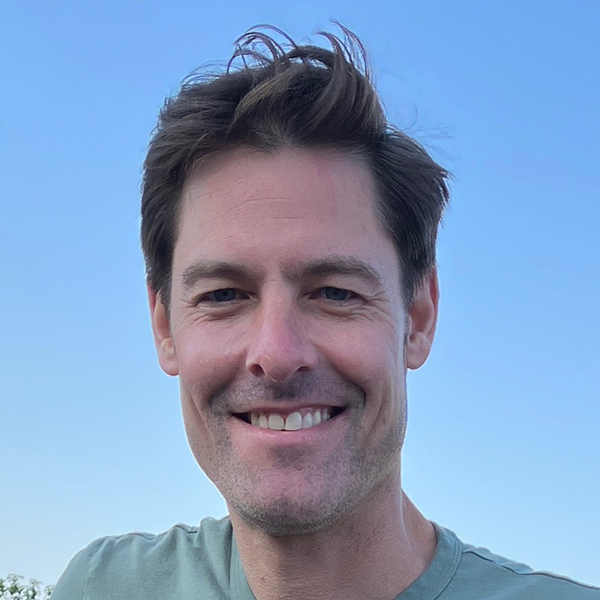 | Simon Rucker formerly worked in the legal department for The Trust for Public Land and for a New York City entertainment law firm and has been the executive director of the Maine Appalachian Trail Land Trust since 2014. He is a member of the Portland Land Bank Commission and lives in Portland with his wife and two children. |
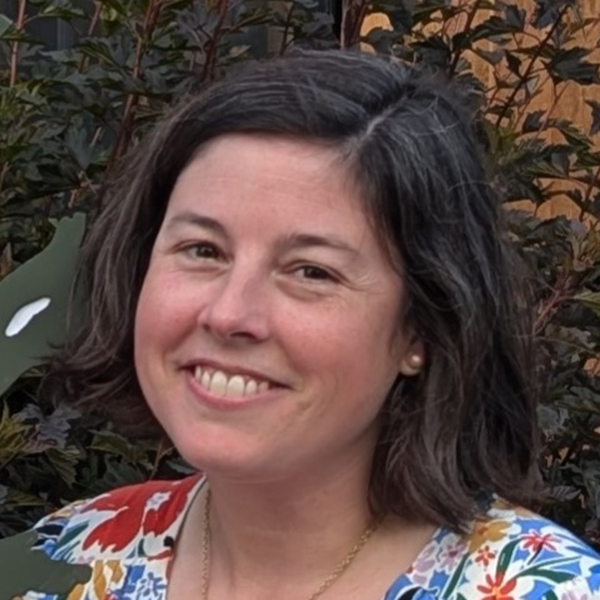 | Kate Sayles is the director of the Rhode Island Land Trust Council where she champions conservation through advocacy and coalition building for the state’s 50-plus land trusts. She’s helped lead multiple legislative victories in the state General Assembly and is particularly passionate about forests and farmland access. She is also the co-coordinator of the Rhode Island Woodland Partnership RCP. When she’s not roaming the halls of the Statehouse, she performs in Rhode Island’s longest running sketch comedy group, the Empire Revue. |
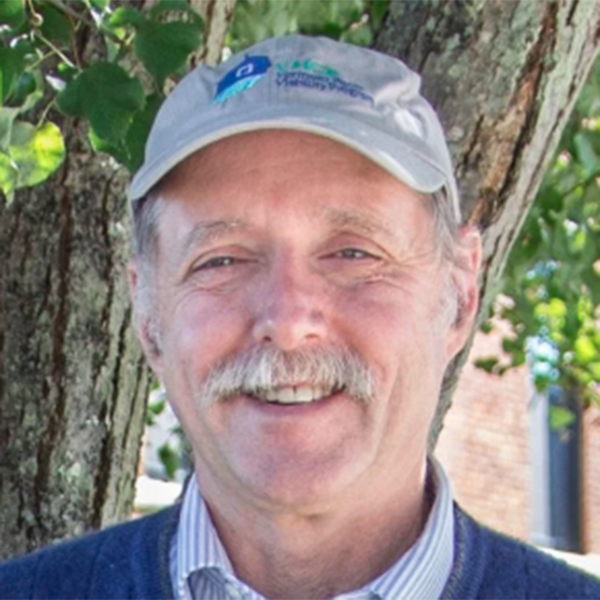 | Gus Seelig is the founding executive director of Vermont Housing Conservation Board. He worked with Senator Leahy to implement Farms for the Future, which led to the national Farm Protection Program. As a result of his leadership, Vermont now has some 460,000 acres of conserved land, including over 800 conserved farms, 16,000 affordable homes, conserved town forests and new state parks, and multiple additions to state forest and Wildlife Management Areas. Much of this work has been implemented by supporting a non-profit network to achieve Vermont’s land use and community development vision of compact settlement surrounded by a working landscape. |
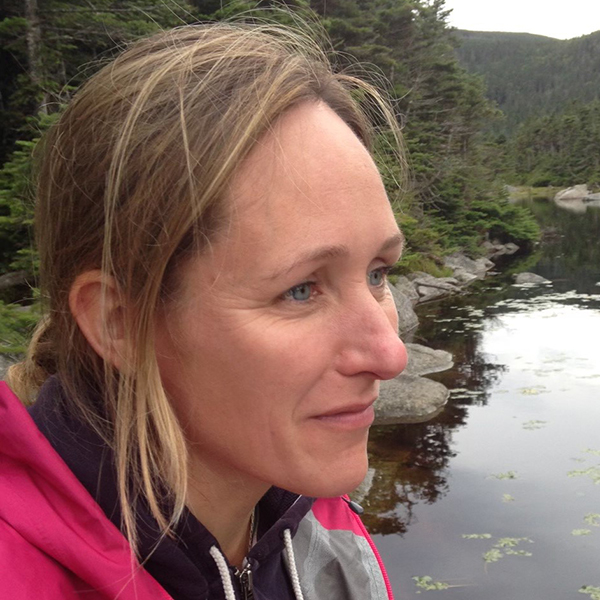 | Markelle Smith serves as director of the Connecticut River Watershed Partnership, a network of public and private partners formerly known as the Friends of Conte, working to cultivate and sustain a healthy Connecticut River watershed for all. She enjoys convening teams with diverse skills to solve challenges that are too great for any one group to tackle singularly. Originally from Michigan, she is now proud to have spent more than half her life in New England, trading the lakes and dunes of her native state for the rivers and hills of Western Massachusetts, though she does admit to regularly missing “the big lake.” |
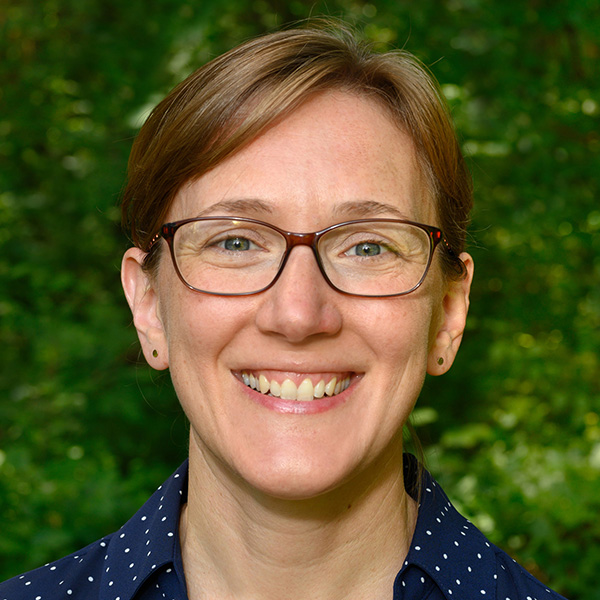 | Julia Solomon has twenty years of experience facilitating group dialogue and planning processes for nonprofits, universities, and governments, and brings a scientifically grounded, interdisciplinary approach to projects. She has worked extensively in the fields of land and water conservation, land use planning, climate action planning, and community engagement. She is the principal of Shadbush Consulting, which provides tailored services to organizations as they grow and change, and specializes in supporting partnerships, collaboratives and cross-sector initiatives, with a particular focus on climate resilience and community conservation. |
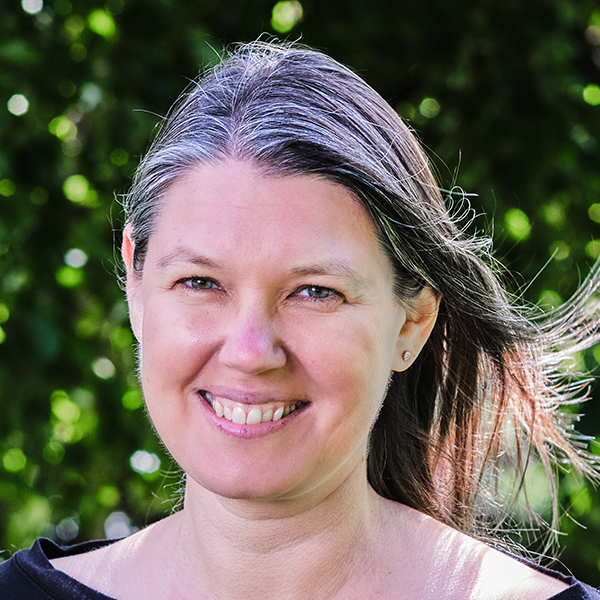 | Karen Strong is the principal of Strong Outcomes, a consulting company that supports communities and organizations in conserving land, water, plants, and wildlife. With 25 years of experience in conservation, she is committed to science-based decision-making and believes that conservation will only be effective if we meaningfully engage our communities. She co-founded the Yes and Nature Collaborative, which blends concepts from science, communication, and improvisational theater to help conservationists better understand their audiences and communicate more effectively. |
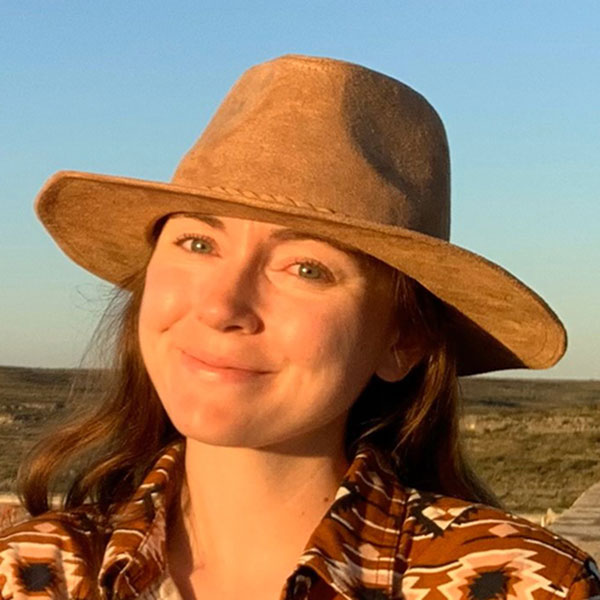 | Emmalyn Terracciano is a research fellow in the Family Forest Research Center at the University of Massachusetts Amherst. She received her BS in wildlife from Purdue University and her MS in Urban and Regional Planning from the University of Texas at San Antonio. Her current research focuses on underserved landowners, family forest owners in island areas of the U.S., and participatory action research with Indigenous forest owners. |
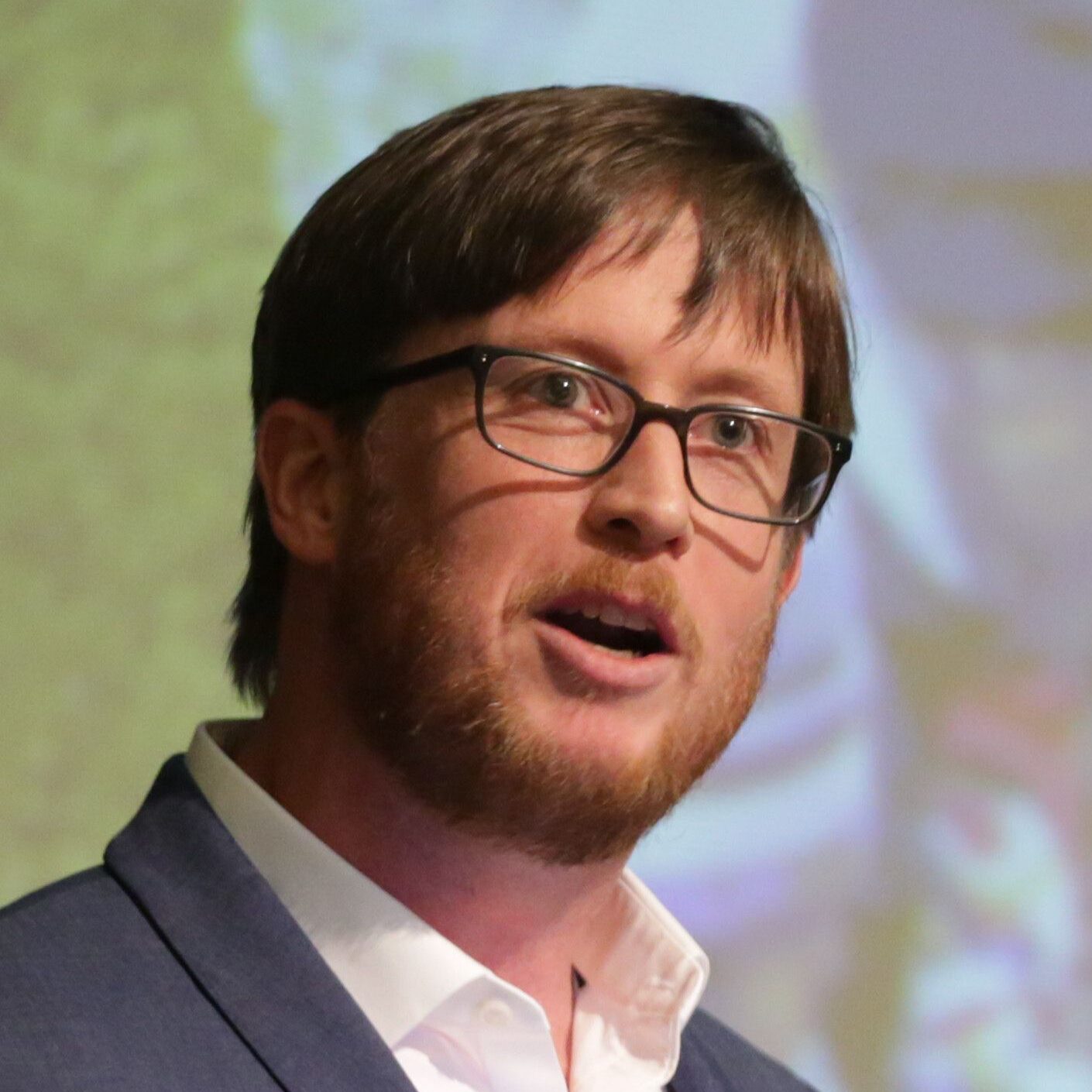 | Jonathan Thompson is the director of Harvard Forest. His research focuses on long-term and broad-scale changes in forest ecosystems, with an emphasis on quantifying how land use affects forest ecosystem processes and services. He also leads the New England Landscape Futures project, which collaborates with stakeholders from throughout the region to build and evaluate scenarios that show how land use choices and climate change could shape the landscape over the next 50 years. He holds a PhD in forest ecology. |
 | Liz Thompson is managing editor of From the Ground Up, serves on the board of Northeast Wilderness Trust, and is chair of the Northeastern Old Growth Conference for 2025. In her work with The Nature Conservancy, Vermont Land Trust, University of Vermont, and Wildlands, Woodlands, Farmlands & Communities, she co-authored Wetland, Woodland, Wildland: A Guide to the Natural Communities of Vermont; Vermont Conservation Design; and Wildlands in New England. She enjoys walking in the woods, often with a camera, noticing the beauty in the ordinary. |
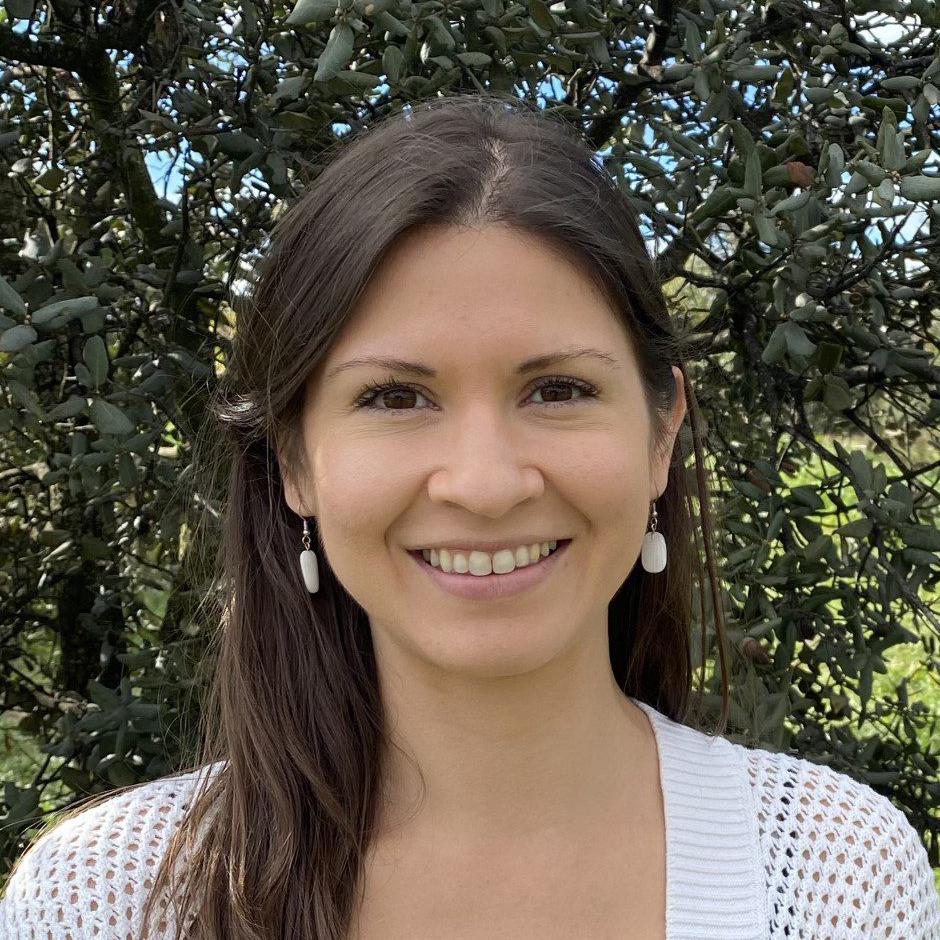 | Michelle Tinger joined the Southeastern Regional Planning and Economic Development District in 2023 where she provides technical assistance on greenhouse gas reduction, climate adaptation strategies, floodplain management, open space planning, zoning bylaw updates, and brownfields cleanups. She particularly enjoys using data-driven, place-based strategies to balance community development with environmental conservation. She holds an MS in Urban Planning and Community Development from UMass Boston. |
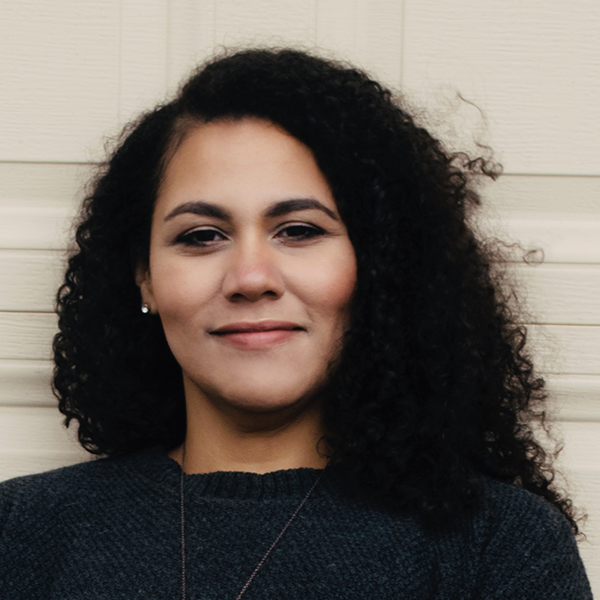 | Kimberly Toney (Hassanamisco Nipmuc) is the inaugural coordinating curator of Native American and Indigenous Collections at the John Carter Brown and the John Hay libraries at Brown University. Previously, she was head of Readers’ Services and director of Indigenous Initiatives at the American Antiquarian Society in Worcester, Massachusetts. She holds an MA in Historic Preservation from the University of Delaware and regularly serves as an advisor or consultant to cultural institutions across Nipmuc homelands in Massachusetts. |
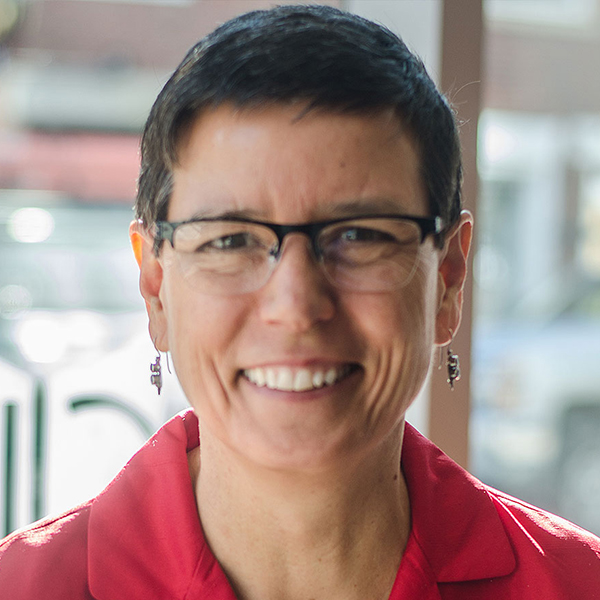 | Eliza Townsend is the Maine Conservation Policy Director for the Appalachian Mountain Club where she advocates for land conservation, access to the outdoors for all, protecting dark skies and addressing climate change. She has extensive policy and advocacy experience, having served four terms in the Maine House of Representatives, including three terms on the Committee of Appropriations and Financial Affairs. She has served as executive director of the Maine Conservation Voters, as Deputy Commissioner and later Commissioner of the Maine Department of Conservation, and executive director of the Maine Women’s Lobby. |
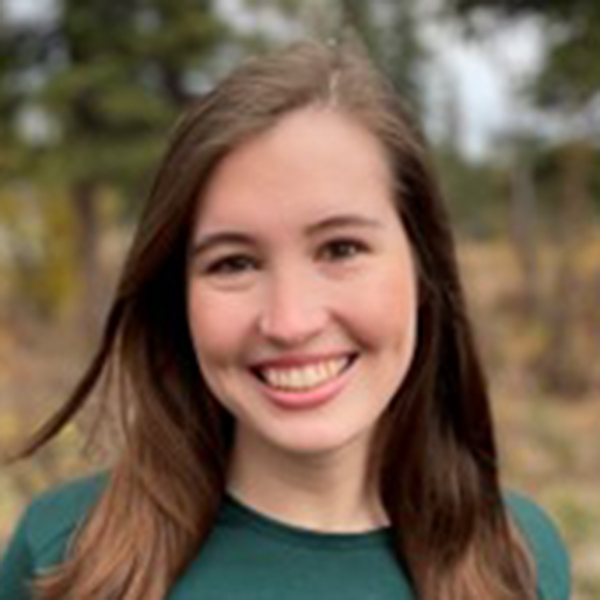 | Laura Vachula is the communications manager at the Family Forest Research Center. She’s spent more than a decade working with public land organizations to promote conservation messages and communicate science with vast audiences. She has a BA in environmental science and policy from Smith College and is passionate about blending creative communications with environmental stewardship. |
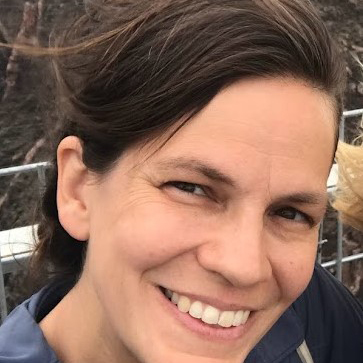 | Liz Willey serves as the coordinator for the Northeast Association of Fish and Wildlife Agencies Landscape Wildlife Conservation Committee, which provides leadership on interjurisdictional landscape conservation needs and opportunities in the Northeast. At USFWS, she has also worked closely with partners in the Highlands region and the Connecticut River Watershed. She previously served on the faculty at Antioch University New England where she worked with graduate students on applied conservation biology efforts and led broad-scale collaborative conservation planning for at-risk species in the Northeast. |
 | Mike Wilson serves as senior program director for the Northern Forest Center, a regional non-profit committed to creating bold possibilities that give rise to vibrant rural communities across the Northern Forest region of Maine, New Hampshire, Vermont, and New York. As a founding member of the Center’s staff, his expertise ranges from forest-based culture and heritage to regional organizing, outdoor recreation, fundraising, rural community investment and, most recently, housing development. He currently oversees the Center’s broad range of community investment and housing work in Maine. |
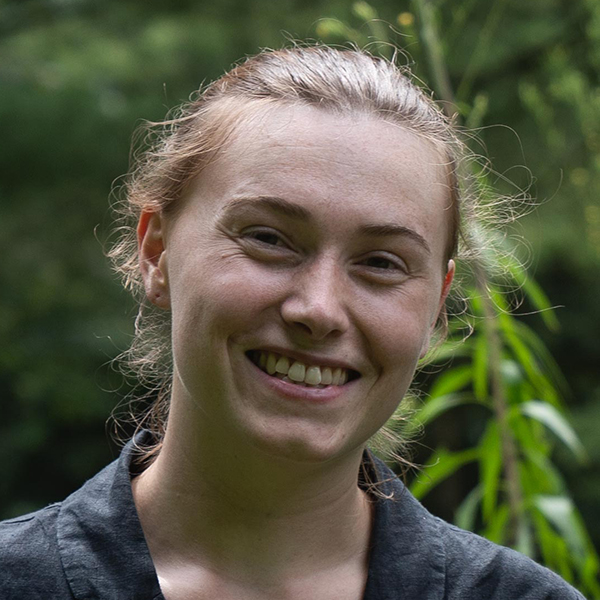 | Keetu Winter’s work focuses on the intersection of place-based living, regenerative finance, regenerative food and material systems transformation, and systemic and cultural change. She is committed to building community resilience through tools and methods that foster connectivity and support the health and dynamism of intact ecosystems, with a focus on giving all life the right to thrive. |
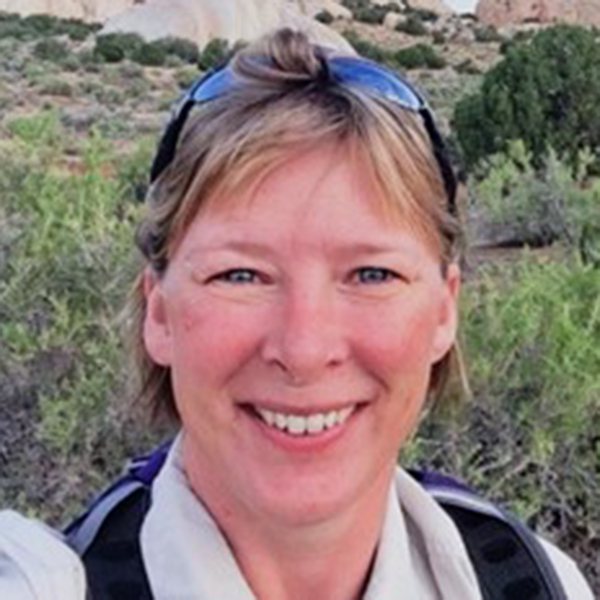 | Faren Wolter is a strategic conservation leader with over 20 years of experience integrating social sciences into conservation initiatives to balance the needs of wildlife with the needs of people. She has worked extensively with Tribes, federal and state agencies, NGOs, and communities to build trust, grow partnerships, foster inclusive decision-making, and drive behavior change to improve outcomes in natural resources management. She leads the Chesapeake WILD Program, a U.S. Fish & Wildlife Service multi-state initiative advancing conservation through non-regulatory grants and a diverse network of partners. |
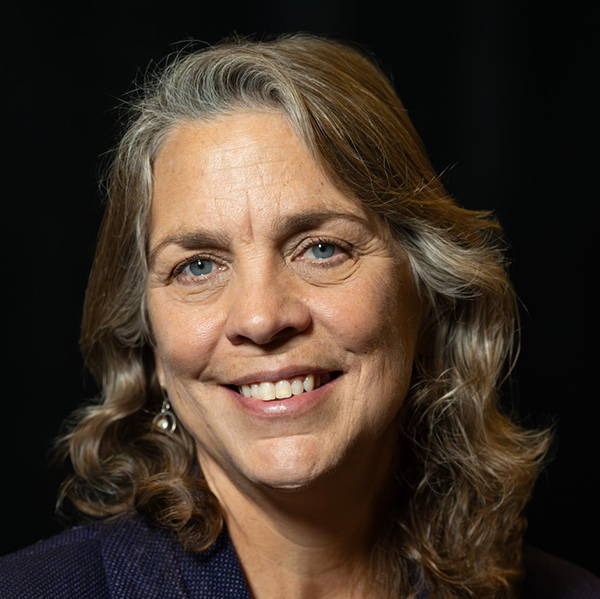 | Leigh Youngblood recently joined The Farmers Land Trust as real estate manager. Formerly executive director of Mount Grace Land Conservation Trust, there she co-founded the North Quabbin Regional Landscape Partnership, the model for the RCP Network. A long-time advocate of community-driven conservation, she guided a range of land and food system initiatives and co-founded TerraCorps. She co-chaired the Massachusetts Commission on Financing Forest Conservation and served on the Land Trust Alliance’s Conservation Defense Advisory Council. She integrates collaboration, interpersonal neurobiology, and equity across conservation, leadership, and community health. |
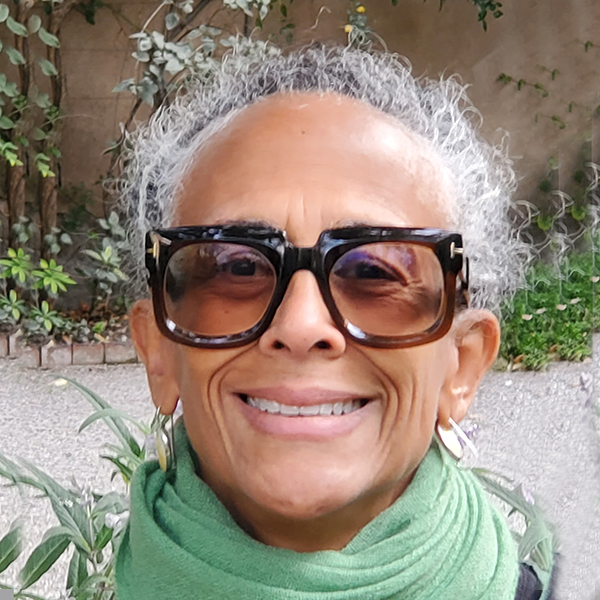 | Kolu Zigbi serves as a re-sorceress, strategist, connector, and catalyst for social and environmental justice. With a focus on collective governance of land and financial resources by people of the global majority, she promotes solidarity over charity and builds liberatory power. She works both sides of the funding and investment flow, partnering with grassroots organizations to activate participatory grantmaking and investments, and with foundations to grow funding for community-led world-building. She is inspired by Indigenous knowledge, liberation movements, Pan-Africanism, agrarianism, feminism, systems thinking, her ancestors, and nature. |